
Waiting on the games: Japan through Covid-19
DecodingsInstead of the Olympic Games, with hordes of tourists flocking to Japan, summer 2020 was marked by Covid-19, with GDP taking a historic, unprecedented nosedive (-7.8%). The economic outlook is generating different feelings, ranging from relief of having escaped the worst-case scenario to fear of the future and a possible resurgence of the pandemic.
The view is breathtaking. From the large windows of the Junior Suite on the sixteenth and next-to-last floor of an ultramodern concrete highrise, one can see the brand new Olympic stadium in the distance. It was supposed to be the venue for the opening ceremony of the XXXII Olympiad on July 24. Moreover, the grand opening of the Miyashita Park Sequence Hotel – and the entire Miyashita Park complex below it – was to have taken place a few weeks beforehand. Most of the brands that count are present, among them Gucci, Louis Vuitton, Prada, Kith, Adidas and many more. Since the end of July, nearly 90 shops and restaurants have opened at this complex in Shibuya, a ward of Tokyo that, after its redevelopment, is almost unrecognizable compared to before.
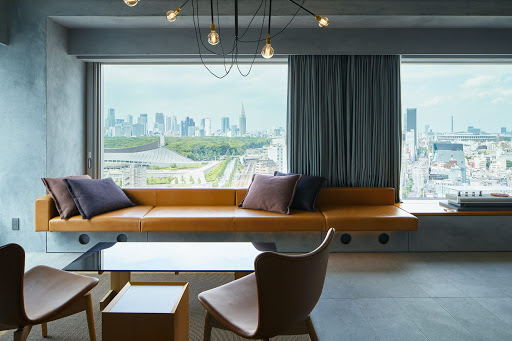
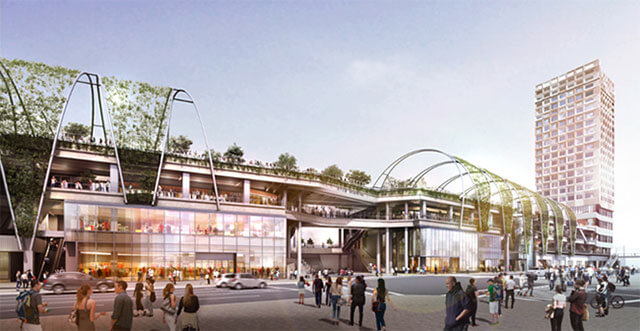
The massive wave of openings unfurling in the Nipponese capital since mid-June may strike observers in Europe and the rest of the world as anachronistic to say the least. The trendy Harajuku area now boasts a new rail station facing With Harajuku, a shopping complex with a secret weapon: the first IKEA store in a downtown location. The Takeshiba district is home to the new Atre shopping mall that not only offers boutiques, restaurants and cafés but also a fabulous view of Tokyo Bay. There is also the NEWoMan mall, the latest shopping attraction to open at Yokohama rail station. Like its sister mall at Shinjuku Station, it was designed by Tsuyoshi Tane and presents the same winning combination of easy access, an edgy selection of brands and a modern design focused on the consumer experience. The list of openings goes on and on! Two icons of the Japanese economy, Shiseido and Uniqlo, have both pulled out all the stops by opening a flagship store at Ginza, Tokyo’s ultimate destination for shoppers looking for luxury goods.
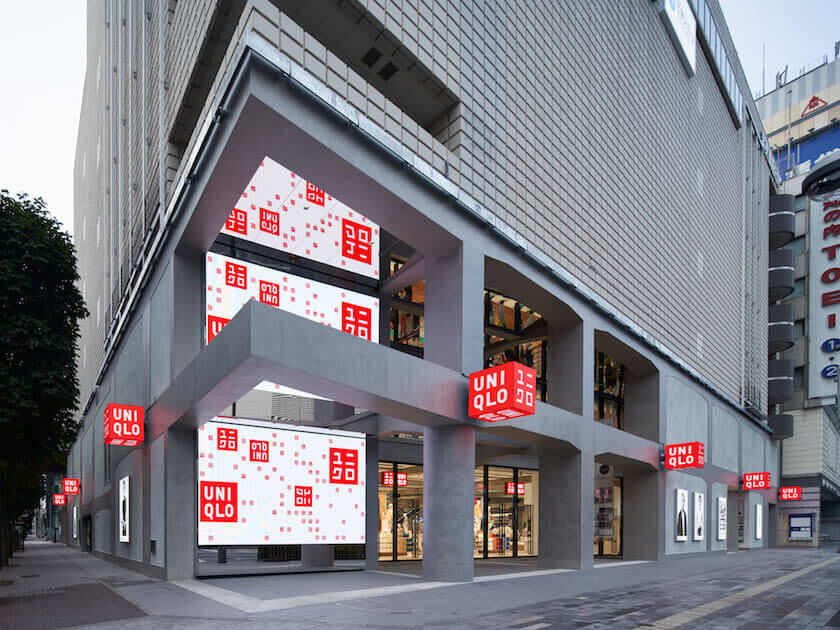
Many industries impacted by the crisis
The numbers paint a less optimistic picture. Department stores are still struggling to woo back their customers. In fact, the announcement that traffic sales were down by 20% in July is good news considering that the average for April or May was around minus 70% or even 80%. It would be hard to name a sector that has escaped the crisis unscathed. The restaurant business has fallen off to an unprecedented extent: reservations are down and the number of covers often divided by two. Hotels have also been hard-hit. One hotel press officer told us that her establishment had planned to increase its rates by a factor of five during the Olympics, but had to close when the Covid-19 state of emergency was declared in early April and will not be reopening. As for the K5 boutique hotel, which had its grand opening in February, only half of the rooms (on every other floor) are available for bookings. “Even so, we’re having trouble with occupancy. Weekends aren’t so bad, but weeknights are a problem,” observes Yuka Ota, a Japanese investor long based in Singapore, who co-founded the hotel.
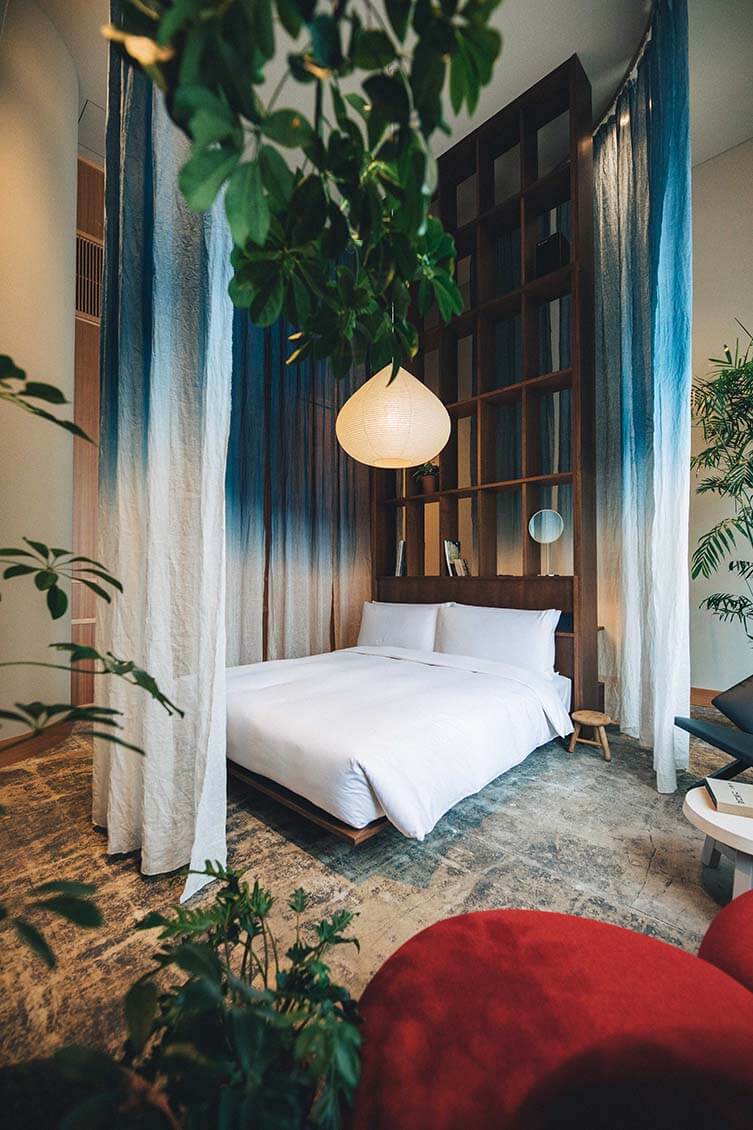
Fashion brands are struggling to sell their stock
Things aren’t much better on the fashion front. Department stores and brands are holding special sales campaigns and events, hoping to unload inventory that has accumulated since April. At the same time, the new autumn-winter collections have just reached the stores and are having difficulty finding buyers. Here, one can distinguish between two categories of businesses. Some had already gone digital before the crisis in a timely and effective manner, others had not and are bitterly regretting it. The former have managed some degree of damage control. As for the latter, they are working hard to catch up but in some cases, it may be too late. Only a few businesses have collapsed so far, the most high-profile being Renown, but the rumor mill is buzzing. The autumn may bring the coup de grace for many of them and, according to well-informed sources, even the most well-established houses may be at risk. As for department stores in Japan, experts agree that the current number (close to 250) may be halved within the next few years.
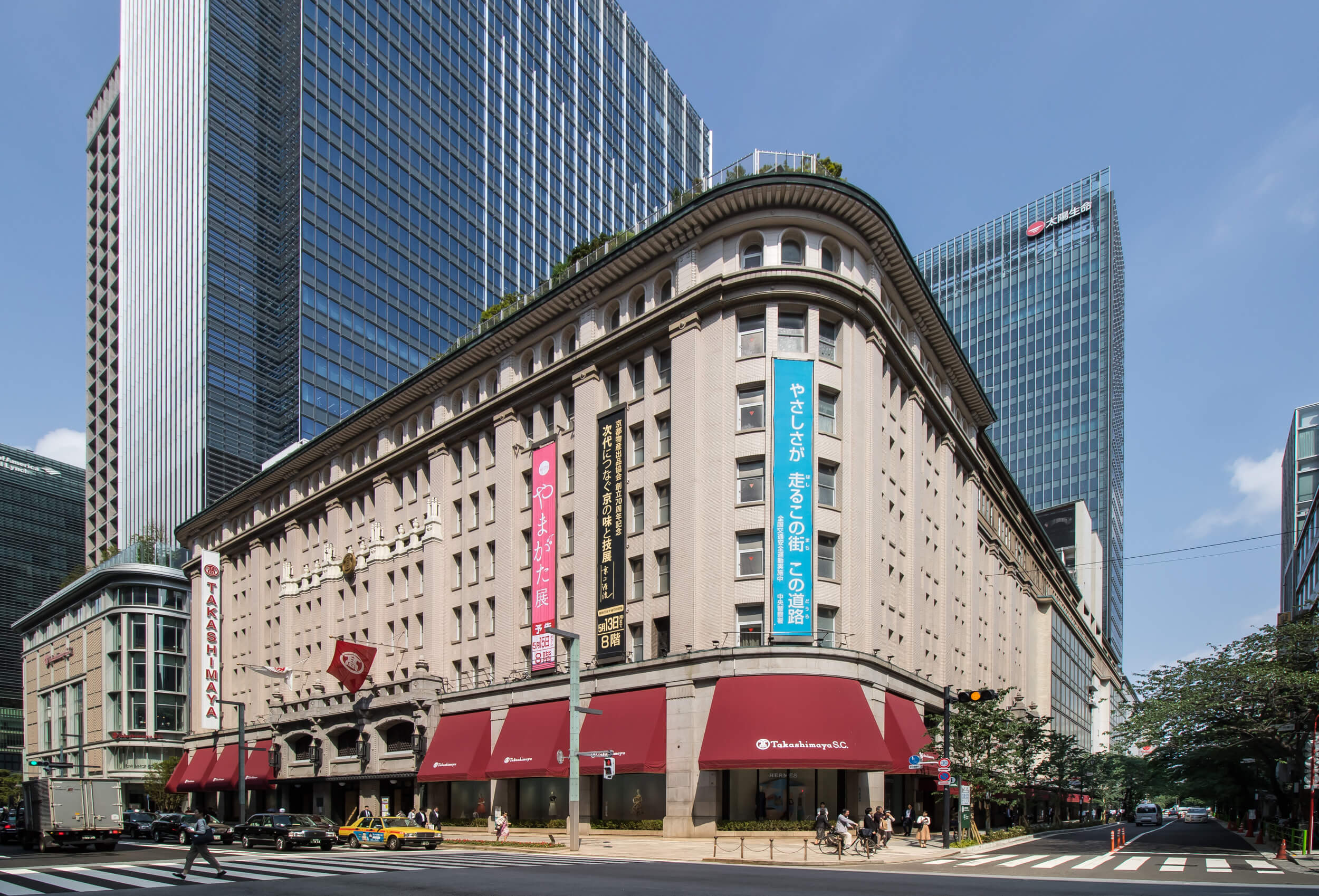
Small leather goods are driving the luxury sector
It’s more or less the same story in the luxury sector. While June and July gave reason to hope as business picked up encouragingly for a good number of brands – here, small leather goods apparently played a large part – the sudden surge in the number of new cases of Covid-19 in the archipelago since the end of July gives great cause for concern. “We’ve kept things going despite a near-total shutdown of our activities in April and May,” says the CEO of a major luxury house. “Each brand has responded to the challenge in its own way. Some have boosted their online sales, others have continued to receive customers at the store, no matter the cost. But it is plain to see that if a situation like last spring’s were to recur, reorganizations would become inevitable. And that’s something that we’d all rather avoid.” The game isn’t over yet, but one thing is certain: in Tokyo, like elsewhere, the outlook no longer gives cause for celebration.



